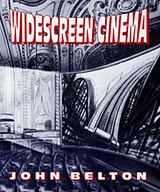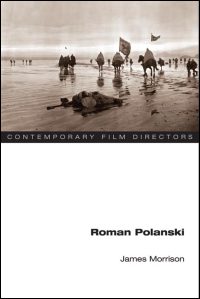Symbiopsychotaxiplasm (1968)
William Greaves
A significant experimental documentary about the process of filmmaking. Worthy of noting is Greaves' creative use of split screen processing. I hope more people discover this film.
Fish Tank (2009)
Andrea Arnold
A British film about Mia (Katie Jarvis) a 15-year-old lonely and isolated teenager who has a talent for dancing and becomes attracted to her mother's boyfriend, Connor (Michael Fassbinder). This is a gritty and emotional drama. It is interesting to compare this film with Silver Linings Playbook...
Silver Linings Playbook (2012)
David O. Russel
I love David O. Russell's work. This is a mash up of genres and a lot fun. Reminded me of the madcap films of the 1930s. Great acting - especially De Niro's performance.
Moonrise Kingdom (2012)
Wes Anderson
Wes Anderson continues to make interesting coming of age drama/comedies.
Skyfall (2012)
Sam Mendes
This is clearly up there with the great films of the Bond franchise. Javier Bardem's long take entrance and monologue about rats was absolutely brilliant. Great action film that actually raises some interesting points about transparency, surveillance, and terrorism in the digital age.
Room 237 (2012)
Rodney Ascher
A highly engrossing documentary about the various interpretations of Stanley Kubrick's The Shining. This documentary demonstrates how time-shifting technologies are impacting spectatorship, allowing viewers to closely exam the moving-image.
The Leopard (1963)
Luchino Visconti
Made by one Italy's best filmmakers. Long, slow, beautiful, and ethereal. The wedding sequence at the end is unbelievable.
From Here to Eternity (1953)
Fred Zinnemann
Bernie (2012)
Richard Linklater
One of the best performances of the year. Black should be nominated for an Academy award. I love the structure of the film - reminded me of Bob Fosse's Lenny (1974).
Death of a Cyclist (1955)
Juan Antonio Bardem
49th Parallel (1941)
Michael Powell
Amreerka (2009)
Cherien Dabis
Great melodrama about a Palaestian mother and her son who move to Illinois. At times a bit sappy, but I really liked this film.
Advise and Consent (1962)
Otto Preminger
The Guard (2011)
John Michael
The Girl With The Dragon Tattoo (2011)
David Fincher
David Fincher continues to make great movies. The chemistry between Daniel Craig and Rooney Mara works very well. I love how the film combines digital technologies and physical materials such as documents and photos to solve the mystery.






































